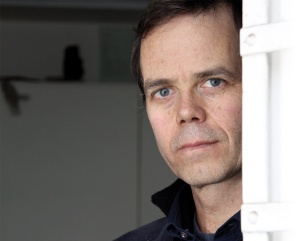
Image from ‘Machuca’ dir. Andres Wood 2004
In Chile a piece of legislation is progressing through parliament, the Ley Machuca, the Machuca Law, which will make it mandatory for every school, public and/or private, to make a percentage of places available to girls and boys from the shanty towns and slums.
Why Machuca? At the centre of Andres Wood’s vastly successful Machuca is a friendship between a middle-class boy, Gonzalo, and Pedro Machuca, from a shanty town, who meet in Gonzalo’s Catholic private school following Allende’s policy of sending kids from the slums to private schools. Of course, after Pinochet’s coup, Machuca and kids like him were thrown out.

Andres Wood.
Machuca is one of Chile’s most successful films. In just over a decade since its release it has become a classic and is on the syllabus of most schools, colleges and universities in Chile. It is even included in the UK’s A-level Spanish syllabus. But the Machuca Law is something different. At a time when Politics and Media have become the same thing, Machuca has escaped beyond the media. It promises to influence the lives of thousands of children and their prospects thereafter.
Related blog posts:
Don’t miss Spanish language ‘Machuca’ at National Film Theatre, Southbank, London, September 1
Congratulations to Andrés Wood: Machuca listed as top 20 Latin American film






